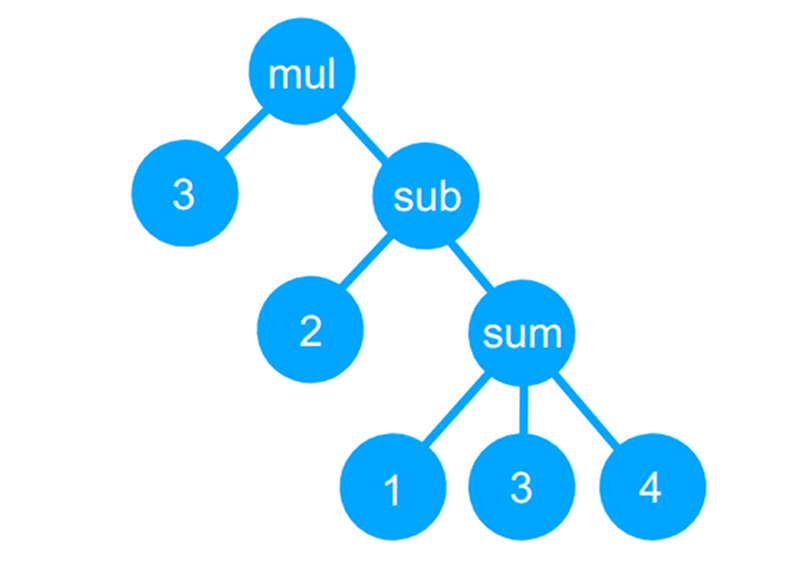There are certain kinds of programs that fascinate certain kinds of software hackers. Maybe you are into number crunching, chess programs, operating systems, or artificial intelligence. However, on any significant machine, most of the time those activities will require some sort of language. Sure, we all have some processor we can write hex code for in our head, but you really want at least an assembler if not something sturdier. Writing languages can be addictive, but jumping right into a big system like gcc and trying to make changes is daunting for anyone. If you want a gentle introduction, check out [mgechev’s] language that resides in 25 lines of Javascript.
The GitHub page bills it as a tiny compiler, although that is a bit misleading and even the README says it is a transpiler. Actually, the code reads a simple language, uses recursive descent parsing to build a tree, and then uses a “compiler” to convert the tree to JavaScript (which can then be executed, of course). It can also just interpret the tree and produce a numerical answer.
As you might expect, the 25 line number is if you suck all the comments out of the file. With the comments — and they are welcome — it is more like 140 lines of code. Although there’s not much there, it does follow what you’d expect for a traditional language translation system. That is, there’s a lexer, a parser, a parse tree, and parts of the code that interpret or compile (again, sort of) the code.
This probably isn’t practical as-is, but it would be hard to imagine an example that could be simpler to approach. Once you figure out how it works, you could go on to build your own languages. Sure, you would have to figure out a few things like how to best parse algebraic expressions and how to handle parse conflicts, but you’d have the core ideas under your belt.
If you think you don’t need fancy transpilers for your old vintage computers, you might be surprised. We aren’t sure JavaScript would be our first choice for writing something like this, but it is ubiquitous, so for educational purposes, it might be a good choice. Besides, you could always host it in a browser (although, not the original link in that post has moved).
















And with a bit more effort, he could have triumphantly reinvented Forth.
Ubiquitous, plenty of tutorials, etc.
Yeah this was my thought too. I have made lite forth compilers in less than a hundred lines of C code that were usable and useful, but the idea of a language with only 3 operators and no function calls being in that same class is kind of depressing to me. IMO, this project is nothing more than showing off some dense javascript idioms.
langauge?
https://www.youtube.com/watch?v=MrCPIrs90eg
There are bugs in your title
Thanks. Fixed.
“Programming Language” !== “Calculator Program”
Writing programs on my old calculator [HP-41] is what got me hooked on programming. The idea of expanding on the base features was a revelation.
Everyone has to start somewhere, and a calculator is a few steps up from echoing “Hello There” to the screen.
I was interested but i found the javascript too opaque to follow. I would have preferred it in more lines with simpler constructs.